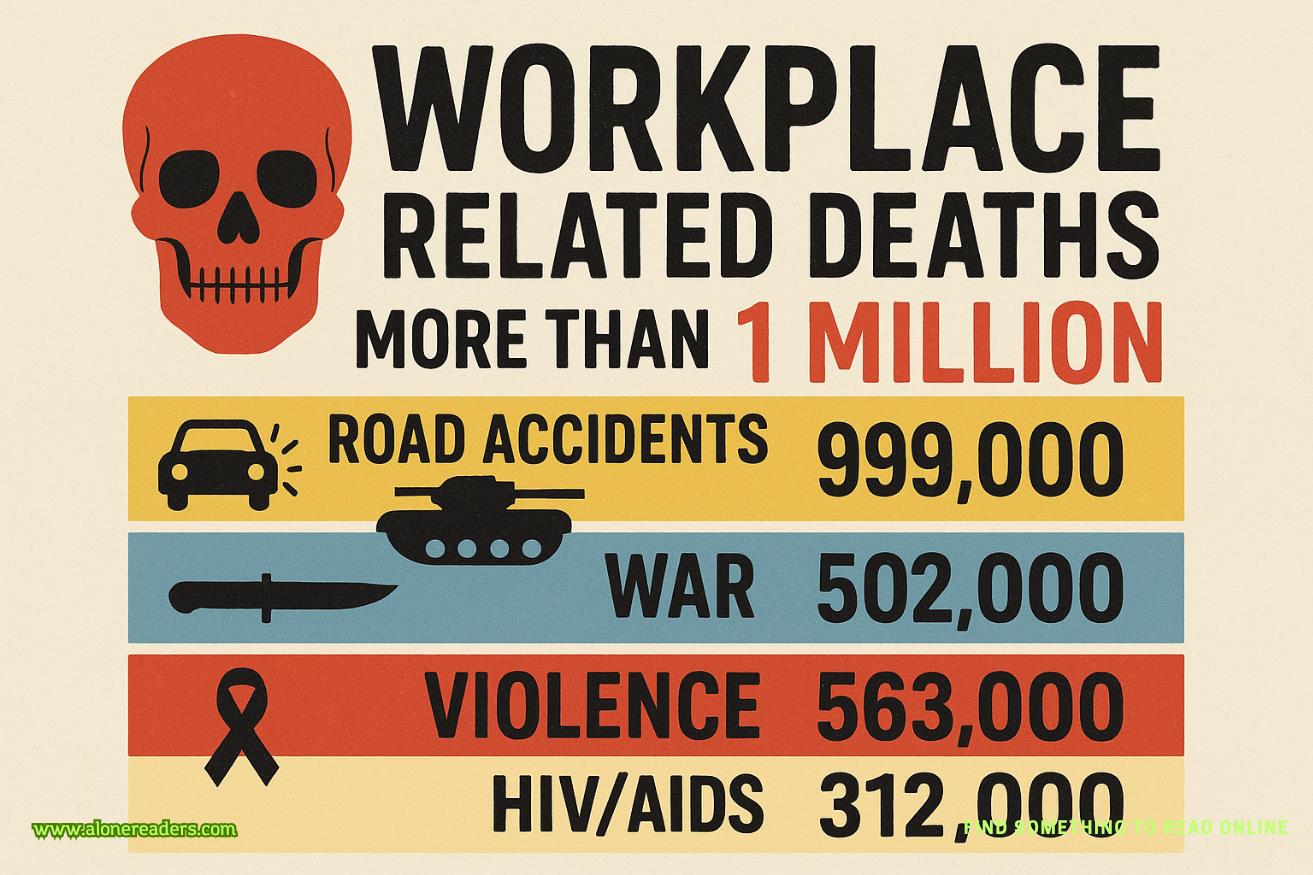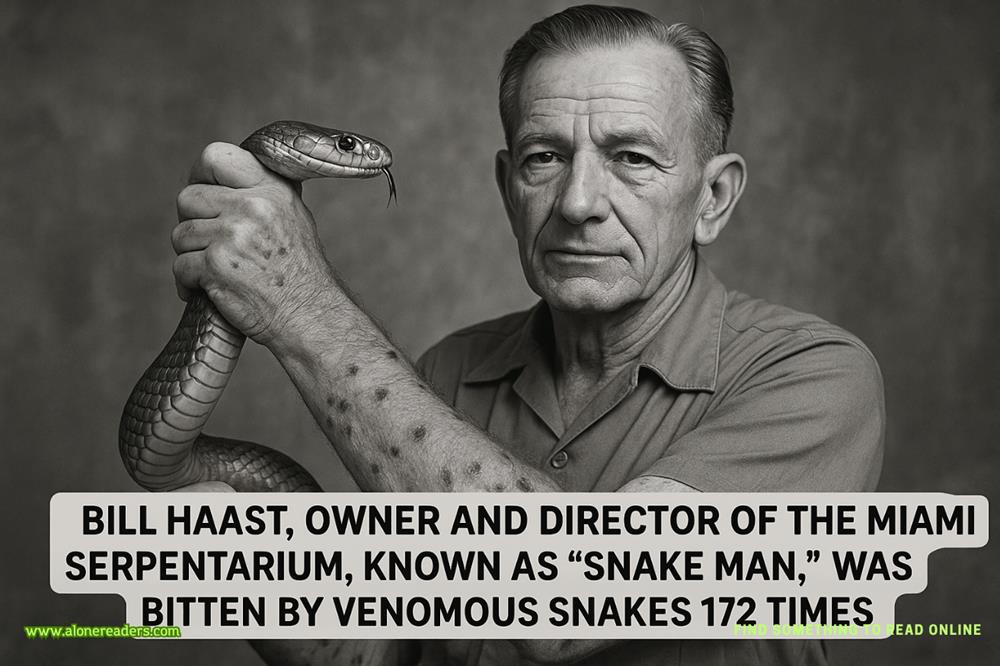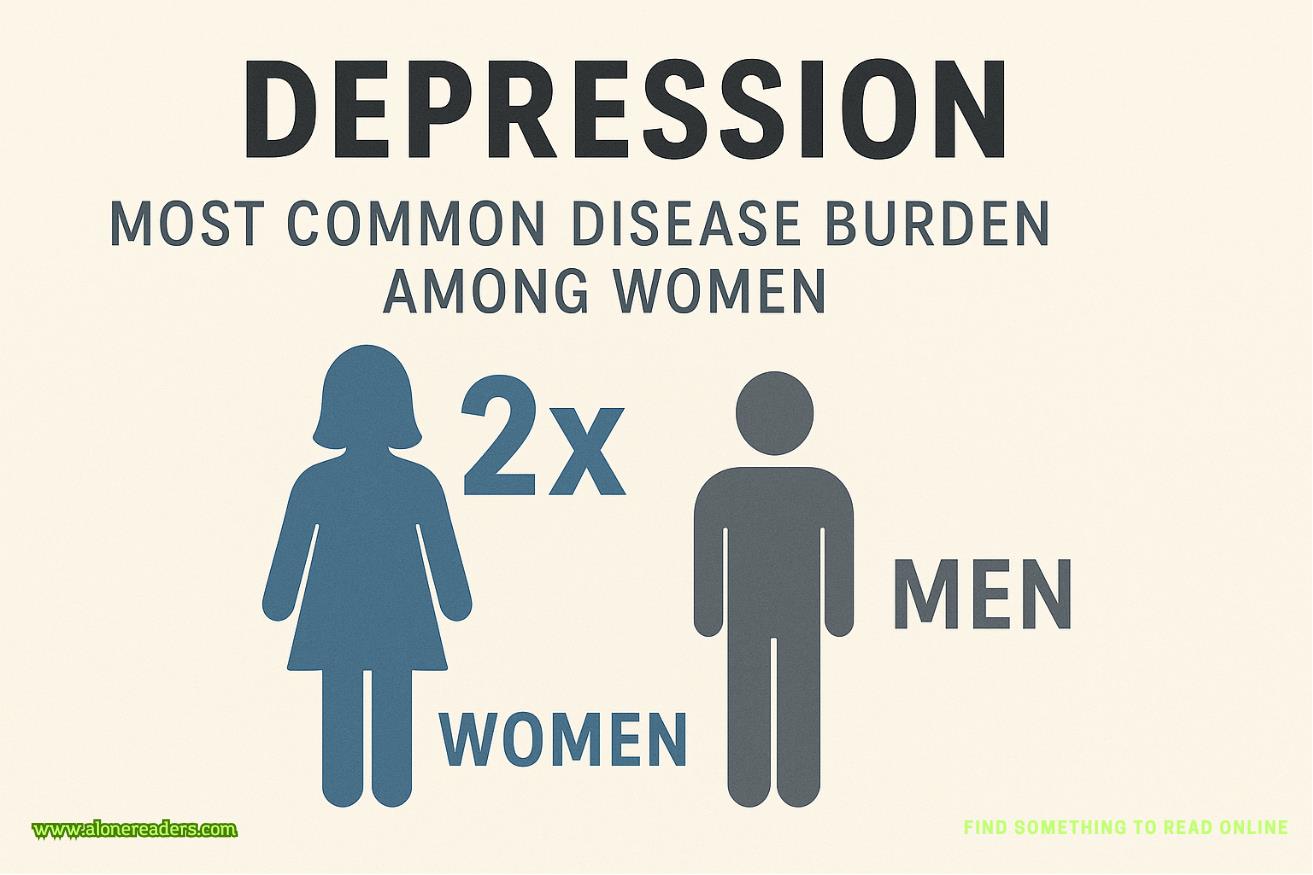Page 1 of A Slipper in the Smoke
Herstepmothertoldherthat Petragrad was her home now, but even though she had been there almost six years, the steely, suffocating city had never felt anything like home to Elena. Perhaps it might have come to feel that way, had her father not died only a few months after they relocated, had her step-family embraced her, had there been maybe just one, tiny, small, minute thing she liked about the city…
But there wasn’t.
Far from the rolling fields of Navarra, Petragrad was stifling, loud, cramped; a roving, creaking metropolis of gears and grease, a place where smog was a touchable creature, as thick and movable as clay.
It was not her home.
It was her prison.
But not my coffin,Elena whispered to herself, walking through the lower ring on her way home one evening, mask drawn up tight.Not my coffin, not my coffin.
She thought of her father’s ashes on the mantelpiece in Baroness Hernandez’ apartment, the tiny pewter container that held the earthly remains of the person she’d loved most in the world.
It had been his coffin.
One day, Papa, I’m going home. And I will take you with me.
Her mother was buried beneath a tree in the grounds of what had once been the Hernandez’ estate. She wanted to take him back there, to rest beside her. The land no longer belonged to them, but she would find a way to make it happen.
Nothing in the world belonged to her. Even the clothes on her back weren’t hers, as the Baroness constantly reminded her.
“Elena, Elena, my little bee,” she’d croon, “everything you have is what I have given you. Everything you have is what I can take away.”
Not forever, Baroness,Elena thought to herself.One day I shall be free of you.
But the tickets back to Navarra being so expensive, Elena knew it might be many years yet. The Baroness controlled all the finances. She’d tried to set up her own bank account once, but the bank had required proof of residency. The Baroness took care that Elena had nothing to her name. Not one thing.
Nevertheless, Elena had a plan.
She’d always been good at fixing things. As a child, she’d watched the farm hands fixing the harvest machines, saw how the intricate engine of cogs and gears broke down into something simple, like the wooden shapes of a children’s toy. Things slotted together easily in her head, and before long she was skipping piano lessons to tinker in the barn. She watched others to understand the basics, but mostly she learnt through trial and error, through devising and experimenting.
Machines were her passion, but they were also her escape, a way to breathe in a stifling world, a place where things made sense even when everything else was falling apart. Three days after her mother died, she returned to the barn, and found the rest of the world blurred away between the slotting of the gears, the clang of metal and oil. It did not erase death, but she felt like she could build a cage around herself, protecting her from the crushing weight of grief, only letting it in little by little.
There had been no place for messing with machines when they moved to Petragrad. The Baroness had kept a few automatons at her residence, but they were maintained by someone else and Elena was forbidden from interfering with them.
“You are a lady, now,” the Baroness admonished, as if ladies couldn’t also be engineers. “You must act the part.”
Elena disliked ‘acting’ in one’s own home. Disliked being false in general. But in the Baroness’ home, everyone was acting. It was a theatre, a show of a happy family.
By the time her father died, the facade had too, and all but one of the bots had been sold. The day her father’s ashes were delivered to them, the Baroness had seized a frying pan and smashed in the head of the remaining automaton in a fit of rage. Gears and oil trickled over the carpet, thick as blood.
The automaton collapsed.
“Mother!” shrieked Elena’s eldest stepsister, Ivanka. “What are you doing?”
But the Baroness had been unable to express what she was thinking, or feeling, and had stormed out of the room.
Elena had stared at the mechanical mess on the floor, and went to borrow a toolkit from their neighbour. For hours, she worked on the damage, bending back the bent gears, sliding tiny cogs back into place.
It was as peaceful as she could get. For a minute, she imagined herself home, beneath the warm rafters of the barn, the smell of hay and oil intermingled.
Home. Home. Home.
She couldn’t fix the cosmetic damage, but the automaton worked better than before.
When the Baroness saw it working later in the day, her eyes went wide. Elena braced herself for the verbal onslaught, but was met instead by a kind of shocked amazement.
“How is that working?” she asked.















